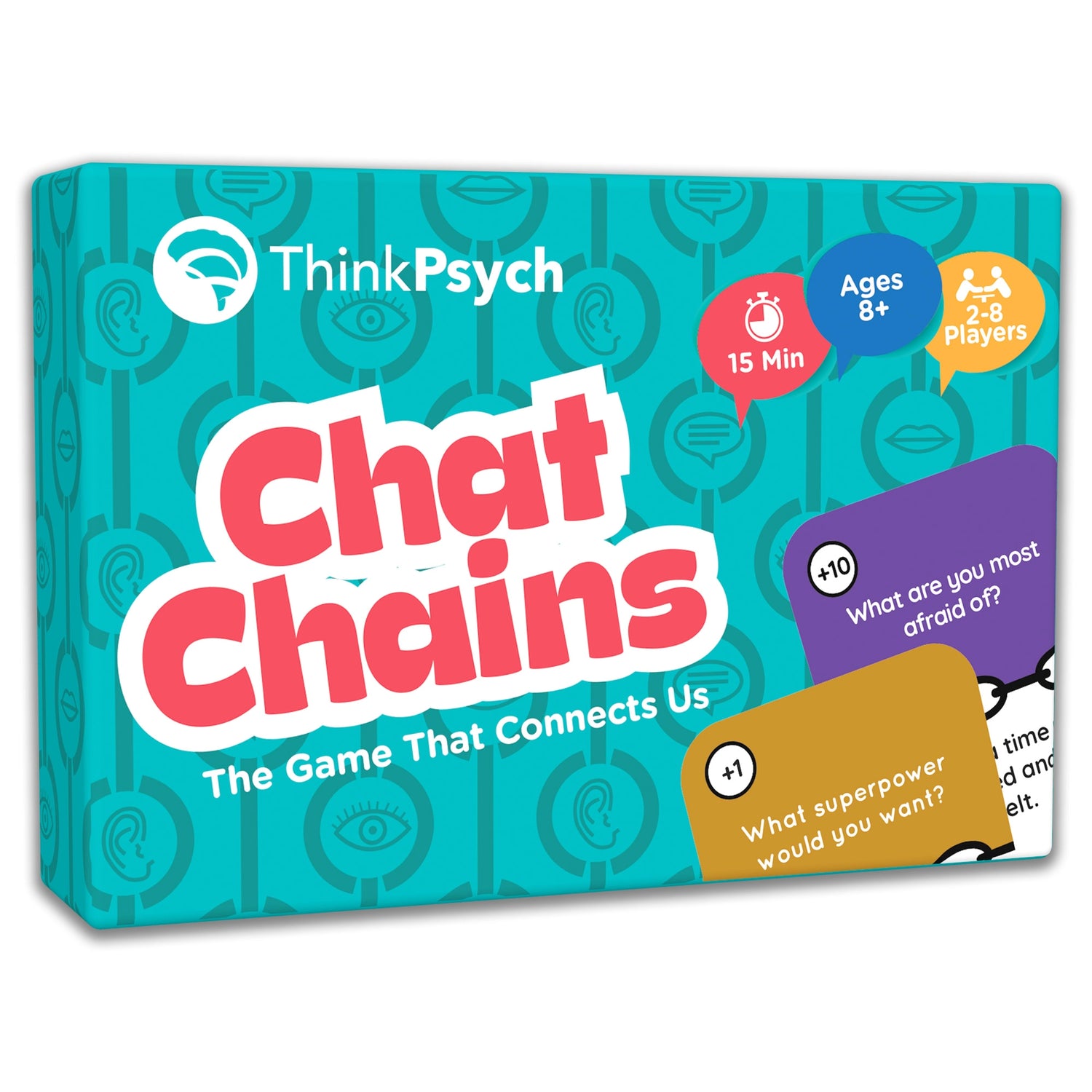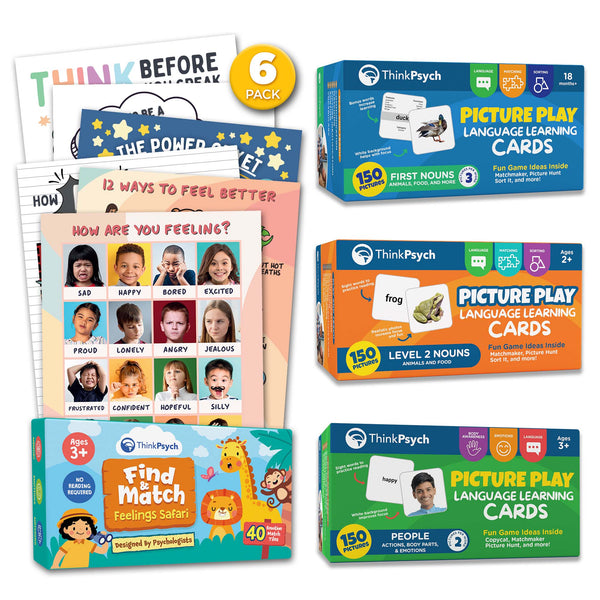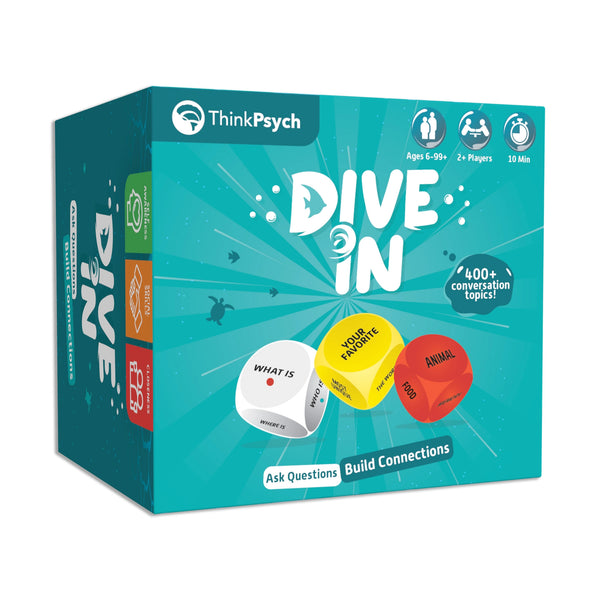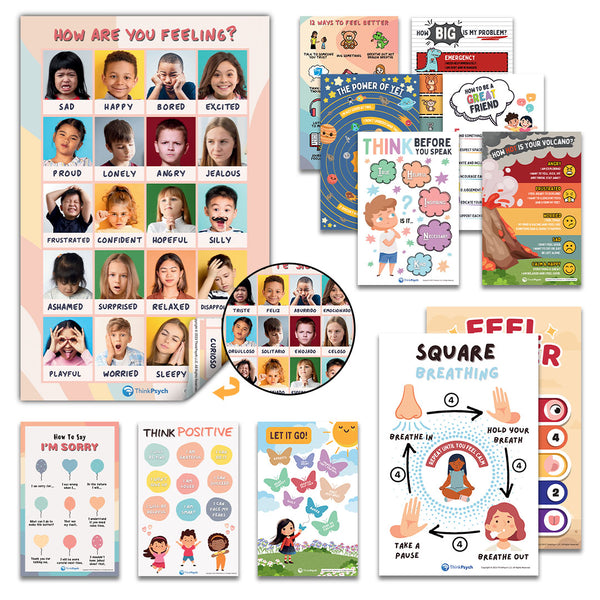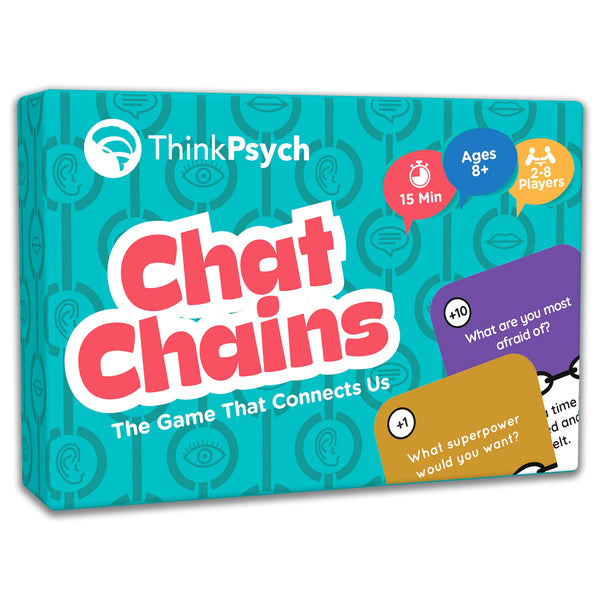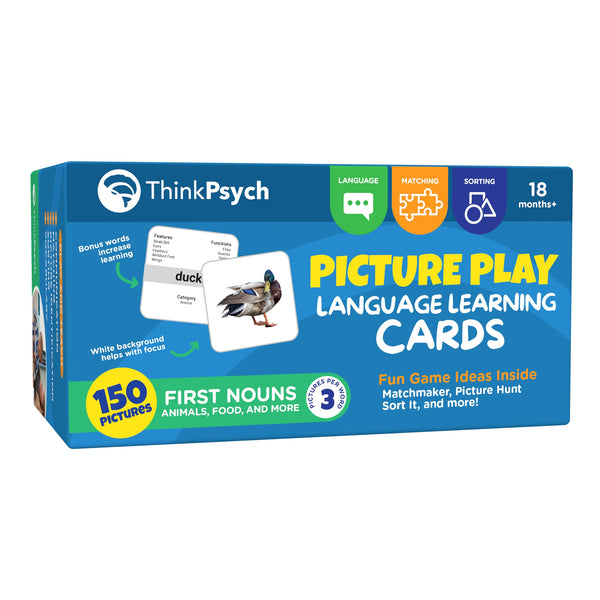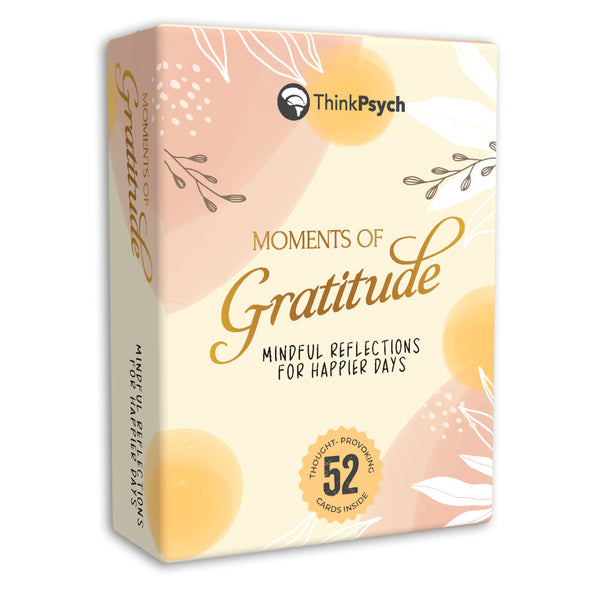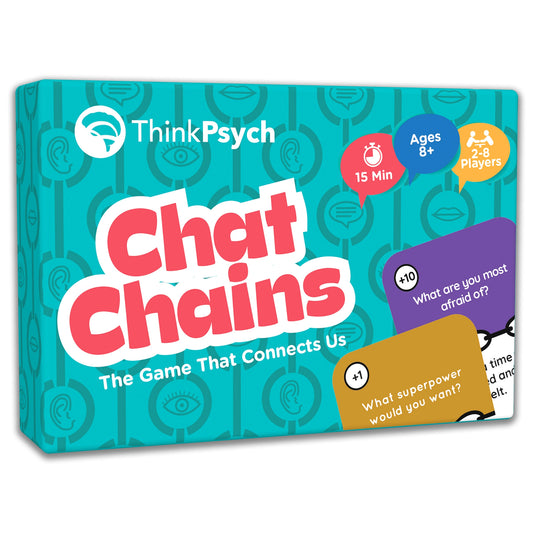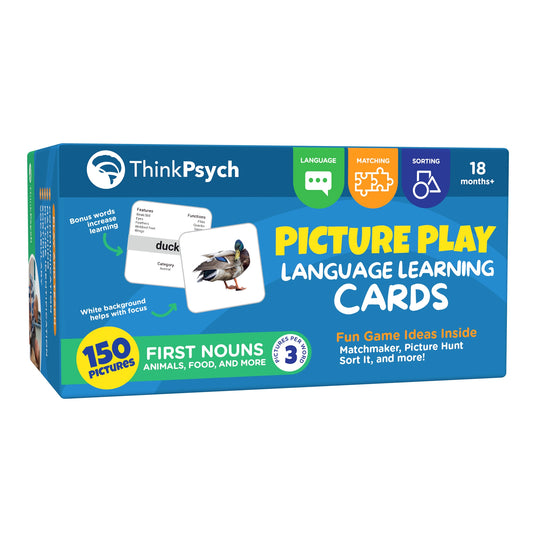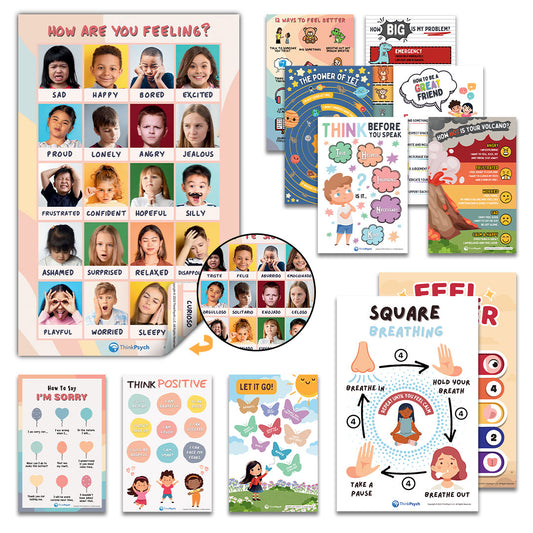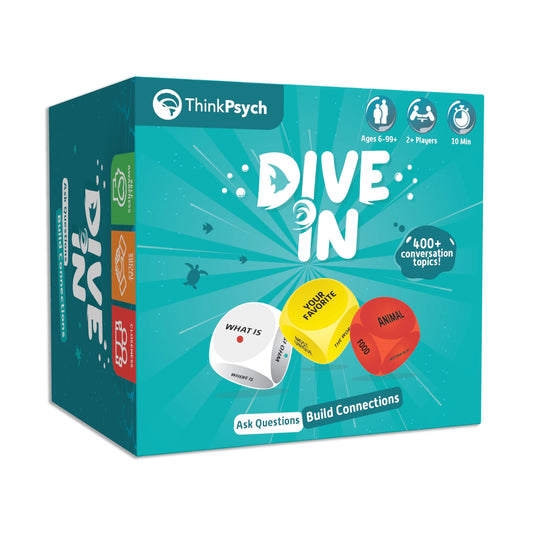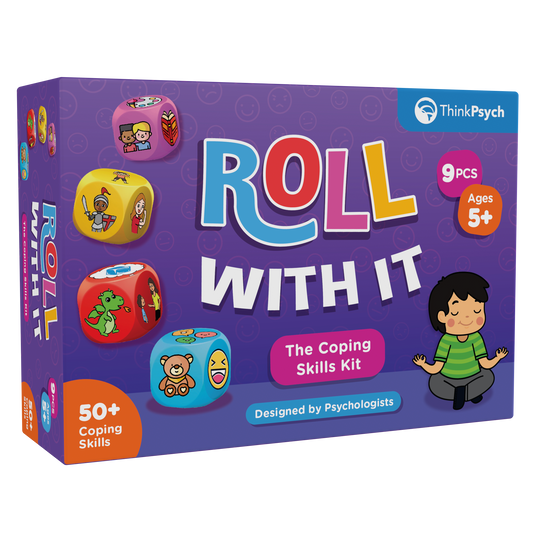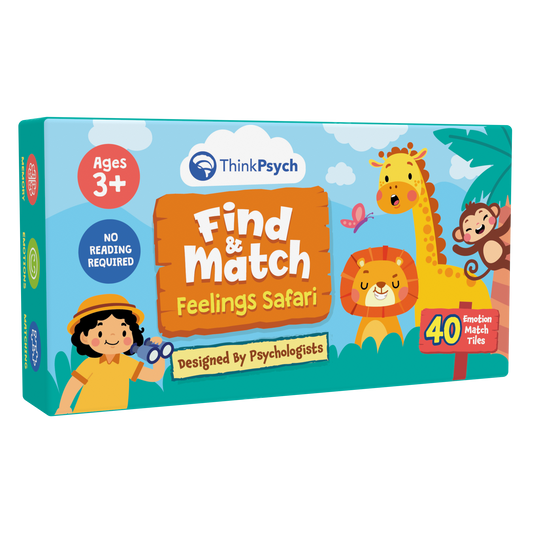
Expert-Backed Tips to Support Early Language Learning
Share
How large is the gap between a language-rich and a language-poor household? Experts estimate that the difference may be as high as four million words by the age of four.
It’s clear that early language learning sets the stage for other life-important skills. Overall, kids with strong language abilities can better communicate, share, and connect with the world around them.
As you interact with your young child, it’s a good idea to be intentional about language. Here, we’ve put together everything you need to know about early language learning – plus tips for incorporating language-boosting activities in your day-to-day routine.
The Importance of Early Language Learning
Early language learning is crucial to the social and emotional development of children. We’ve already mentioned the four million word gap, but learning language skills are also vital for kids to:
- Explore their surroundings
- Communicate with others and develop social abilities
- Express and understand feelings
- Think, make decisions, and problem-solve
- Support early reading and writing skills
- Build confidence
In essence, language learning is the foundation of interacting and connecting with others. From this strong start, your child will learn a range of key social-emotional skills.
Practical Tips to Foster Early Language Learning
You may have heard before that kids’ brains are “like sponges.” The more you talk with your young child, the more they will pick up on new words and connections. Here are some practical ways to stimulate early language learning with your kid.
1. Fill the Silence With Running Commentary
It may feel silly at first, but keep talking out loud to your baby. If you’re not sure what to say, describe what you’re doing or feeling (called “self-talk”). You can also express what your child is up to (called “parallel talk”). Silence is the enemy of early language learning, so try to keep up your running commentary during the day. And if you get tired of talking, put on some music or a podcast instead.
2. Speak Slowly and Surely
There’s a lot of controversy about whether baby talk is helpful or harmful. Overall, you should avoid saying nonsensical or grammatically incorrect phrases. Yet, babies may be more responsive to:
- A higher pitch
- A variety of intonations
- Elongated vowels
- Exaggerated facial expressions
- Pauses between phrases
This type of speech is called “parentese” and studies show it can boost early language skills. In other words, talking to your baby slowly and surely can help them connect with you and even learn new words.
3. Expose Your Child to Multi-Speaker Conversations
Chatting with your partner, family, friends, or neighbors is excellent language input for your young child. Try to expose your kid to different types of conversations, as they will hear new vocabulary, accents, and expressions. Multi-speaker conversations are also ideal for demonstrating how people take turns to listen and respond.
4. Use Visuals to Strengthen Linguistic Connections
Visuals can be useful in cementing new vocabulary. As you’re talking to your infant, try to hold or point to the object you’re talking about. Doing so can help your child make new linguistic connections. For example, you might ask your child whether they want an apple or an orange for a snack. Holding one in each hand and gesturing as you say the fruit’s name will strengthen language acquisition.
5. Don’t Hesitate to Repeat All the Time
Parents often complain about reading the same bedtime story to their kids – we get it! Just remember that repetition in early childhood is good for your child’s brain. Every time they hear a story or song, they’re picking up on a new word, phrase, or concept.
Shop ThinkPsych Products
At the same time, they may notice different details in the illustrations or plot that they missed on the first go. Reading the same book is also comforting to children, as it’s a familiar space. Overall, try not to get too frustrated about repeating the same stories and songs over and over again. It’s actually doing wonders for your kid’s early language learning!
6. Give Your Child Time to Respond
As adults, we tend to fill silence in conversation quickly. While that makes sense socially – nobody enjoys an awkward pause – your young child operates at a different frequency. It takes longer for them to process what you said and decide how to respond.
That’s why it’s so important to wait longer than usual when talking to your child. If you ask a question or make a comment, give your kid extra beats to think and formulate an answer. And if they’re not keen on responding, that’s ok, too! Respond to your own question to model how your kid might answer in the future.
7. Follow Your Kid’s Lead
Language learning is most successful when your kid is interested and engaged in the conversation. It’s great to suggest topics, stories, and games to your child, but allow them to take the lead once the activity begins. This applies to even the simplest act of reading a picture book together. If your child wants to stare at the same page for a while or skip a few pages, let them be the boss. There’s no wrong way to read a book together!
8. Scaffold Your Child’s Sentences
A key strategy to improve your kid’s language skills is called scaffolding. It involves extending what your child said by adding just one word or an idea. For example, let’s say your kid says “I want the doll.” From here, you can respond with an expanded version of their sentence: “Yes, you want to play with the doll.” Taking that extra step with their expressions can help them build up their language.
9. Leverage Language in Diverse Ways
Expand your child’s linguistic horizons by using language in diverse ways. Words can be applied in wide-ranging contexts and even take on new nuances. Try to expose your child to how language shifts.
Even basic vocabulary may have multiple meanings. For instance, the word “park” has unique meanings: you might say let’s “go to the park” or “park the car.” Broaden your child’s understanding of context by using words in different ways.
10. Read, Sing, and Play With Language
You’ve got options for language-rich activities! Reading, singing, and playing are all exceptional ways to enhance your child’s skills. Find ways to incorporate these activities into “silent” moments as well. For example, play children’s music in the car, repeat a nursery rhyme during bath time, or play “I spy” when walking in the park. The more you can incorporate language games into your everyday routine, the better!
11. Keep Eye Contact and Engaged Body Language
We tend to focus on words when it comes to early language learning. Yet don’t forget about teaching your child good body language, too. Eye contact is an important way to listen and form connections, while standing straight can build confidence. Learning to wave, high-five and thumbs-up is helpful for your child to learn social cues, too. Model these types of body language so that your child is able to practice them from an early age.
12. Empower Playtime With Other Kids
Finally, your child should have lots of opportunities to interact with other people, especially their peers. Often kids naturally get in this time with siblings or at daycare. However, be thoughtful about ensuring your child has time to play with other kids or participate in social activities beyond the home. Language learning with peers is often the most engaging for young kids.
Encourage Early Language Learning With ThinkPsych
While every child will acquire language at their own pace, you can deepen learning with these intentional activities. Use our tips above to fill your household with language-rich talking, singing, reading and more!
At ThinkPsych, we’re eager to support your child’s linguistic journey. Try out our expert-designed Language Learning Cards to boost your kid’s vocabulary. And don’t forget to check out our ThinkPsych blog for more ideas to enhance your kid’s early language learning!
References:
- NPR, Let's Stop Talking About the '30 Million Word Gap,' https://www.npr.org
- TMW Center for Early Learning, The Power of Words, https://tmwcenter.uchicago.edu
- CNN, ‘Parentese,’ Not Traditional Baby Talk, Boosts a Baby’s Language Development, https://edition.cnn.com
- Psychology Today, Why Children Like Repetition and How It Helps Them Learn, https://www.psychologytoday.com
- Teach Early Years, Language Development – 7 Ways to Support It in Early Years, https://www.teachearlyyears.com
- Department of Education of the Canton of Zurich, Supporting Early Language Acquisition, https://www.datocms-assets.com
- High Speed Training, Supporting Language Development in the Early Years, https://www.highspeedtraining.co.uk
- Zero to Three, Supporting Language and Literacy Skills from 0-12 Months, https://www.zerotothree.org
- Raising Children Network, Language Development in Children: 0-8 Years, https://raisingchildren.net.au
- Pexels, Close-up of a Child Pointing at a Card Lying on a Table with Toys, https://www.pexels.com
